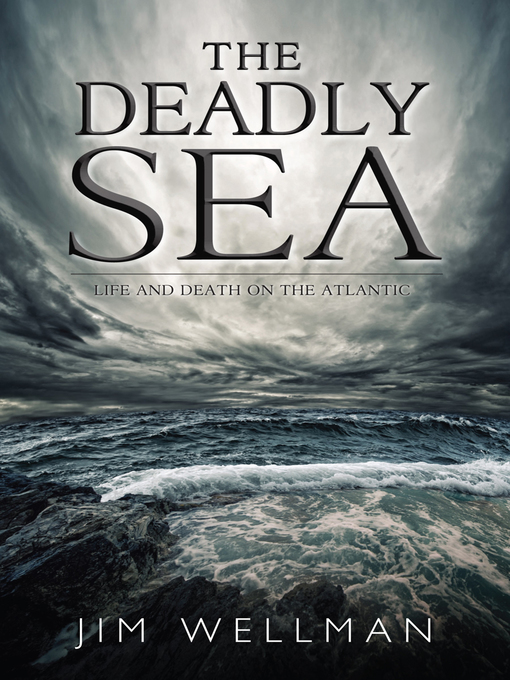Fishing is the most dangerous occupation in the world: in Atlantic Canada, an average of one person dies every month while working at sea. The Deadly Sea by bestselling author Jim Wellman contains twenty-five stories about men and women who work in the Atlantic Canadian fishing industry, ranging from biographies of professionals to tales of tragedy at sea. In Atlantic Canada, the sea has given generously of its riches. Tens of thousands of men and women make a living from its resources. Some work directly on the water as fishing people, while thousands of others work in fish processing plants. And still thousands more are employed in service industries that are tied directly to the commercial fishery. The number of fatalities at sea hasn't changed much in the past fifty years, though the industry bears little resemblance to what it was just a few decades ago. Wooden schooners powered by wind and sail have been replaced by vessels with steel or fibreglass hulls and sophisticated technology, but we are reminded, every month, that new technologies are still no match for the power of an angry ocean.
- Just added
- Available now
- Cozy Fantasy & Sci-Fi (Adult + YA)
- Black Stories Black Voices
- Too hot to hold
- Up Lit (uplifting reads)
- Pride
- New eBook additions
- New kids additions
- New teen additions
- Most popular
- En français (adultes)
- Try something different
- See all ebooks collections
- Available now
- New audiobook additions
- Audiobook Biographies
- Audiobooks for the whole family!
- Audiobooks with great narrators!
- New kids additions
- New teen additions
- Listen & Learn
- See all audiobooks collections
